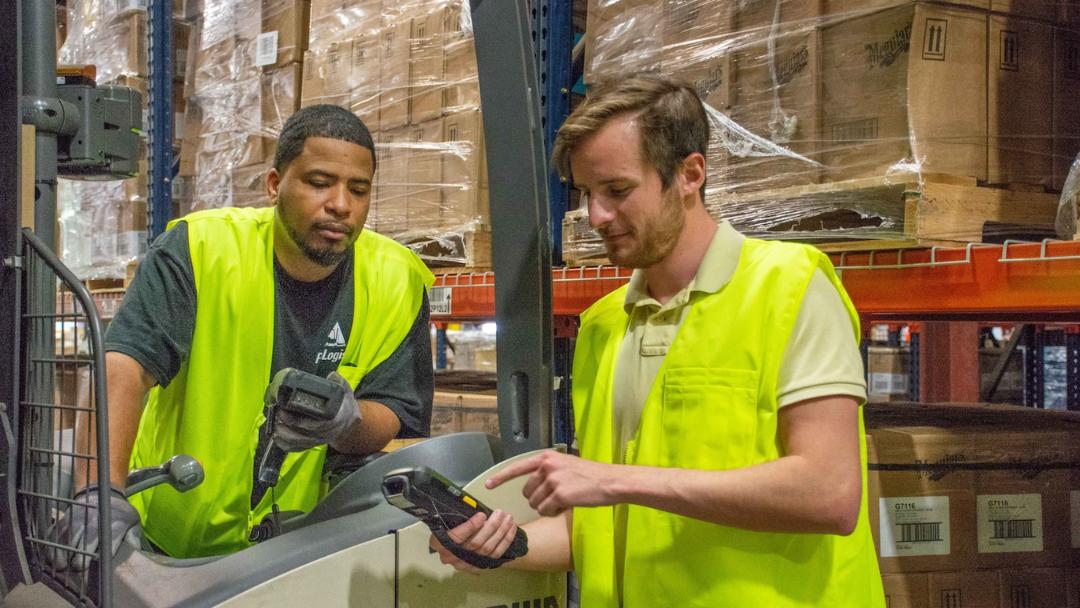There’s been a lot of talk in recent years around “upskilling” and “reskilling.” Like two sides of the same coin, each serves the same purpose: To teach employees new skills that will help them perform their jobs.
Upskilling, however, does require time and money. To explain why an upskilling program is a worthwhile investment, let’s explore a few of the benefits:
Fills gaps in labor
If the manufacturing is in need of anything, it’s labor. The number of open positions in the American manufacturing industry is only expected to grow. To start curbing this trend, it’s important for manufacturers to start focusing on the talent they do have rather than fixating on the talent they don’t.
Upskilling is a great way to make the most out of your workforce’s abilities. By cross-training and reskilling, you can identify talents your employees probably didn’t know they had. Better yet, you can maintain pace and keep productivity on track.
Improves employee confidence
To invest in your workforce through upskilling is also to empower them to perform as best they can. With the reassurance that a little—or a lot of—extra training can provide, your employees will gain the confidence to do their best. In fact, a study by TalentLMS found that 80% of workers agree that upskilling is a major boost to their confidence.
Prepares employees for the future
Automation is well on its way to becoming the standard for global manufacturing. But that doesn’t mean the modern manufacturing worker will be needed any less.
In fact, they’re likely going to be needed more. Automation may be able to streamline productivity and enhance workplace efficiency, but you still need someone with the skills to operate, maintain and teach that technology. Upskilling— especially the topic of automation—is how you help your employees make that transition and maximize their value to the company.
Provides your employees a chance to stay engaged
Doing the same thing every day gets boring—it’s just a fact of life. It’s important to keep your employees on their toes and engaged in their work. After all, studies show that engaged employees are happier in their jobs and often much more productive.
Break their cycle, shake up the routine and offer your workforce an opportunity to learn. Not only is it a chance to stay engaged, but it’s also a much-needed break from the stresses of the job.
Attracts untapped pools of talent
Remember that thing about 2.1 million unfilled jobs? That’s not going away—not if you don’t upgrade your recruitment strategy.
Think about it: Upskilling, at the end of the day, is just another word for professional development—something that millennials find extremely important. In fact, 91% of millennial professionals say that career progression is a top priority for choosing a new job. Flexing your company’s ability to upskill and develop employees is an effective way to attract younger candidates to open positions.
Looking to staff your manufacturing business?


